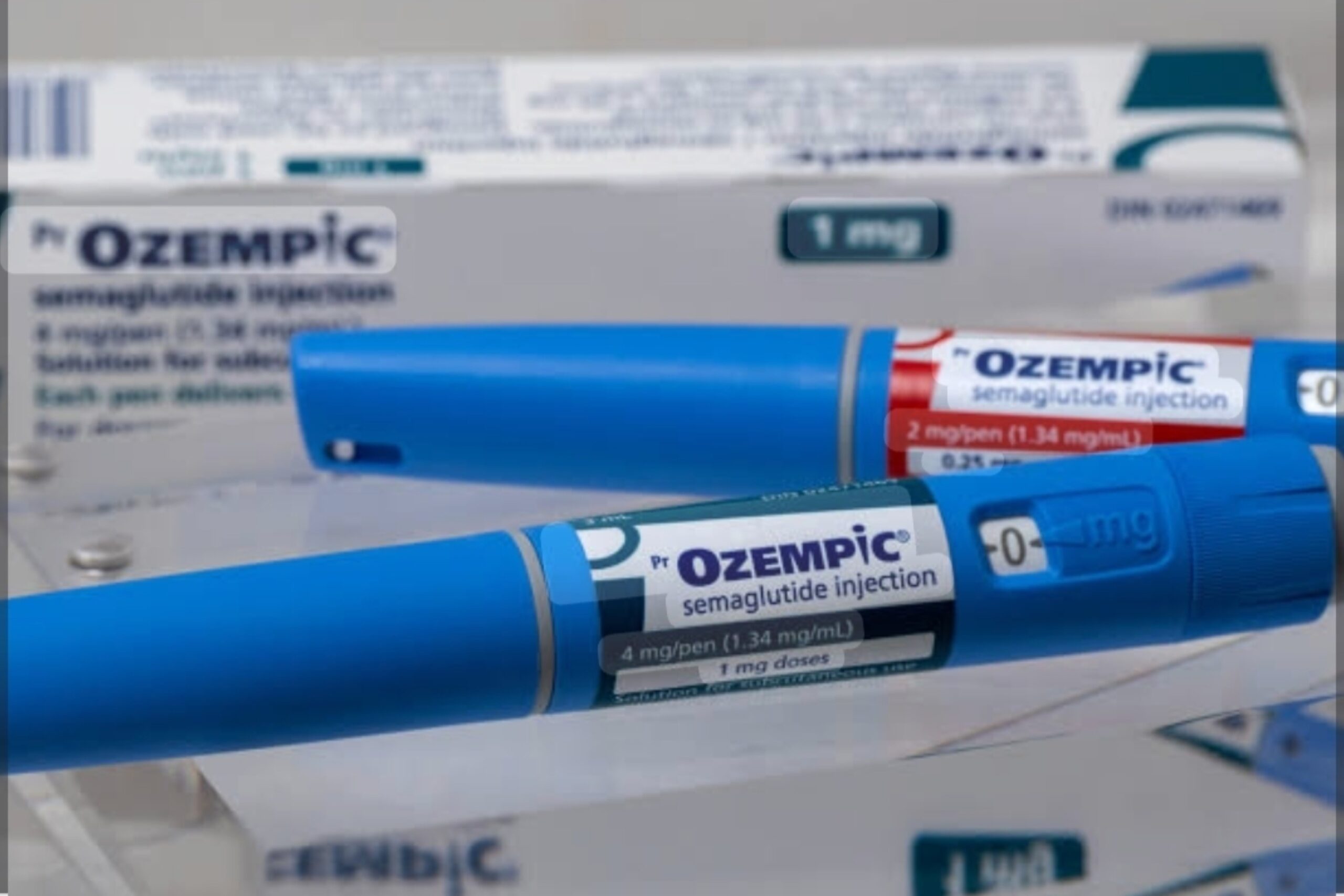Novo Nordisk, the pharmaceutical company behind the blockbuster diabetes and weight-loss drug Ozempic, is facing mounting legal challenges as lawsuits alleging serious side effects continue to surge across the United States.
Thousands of Cases Consolidated in Federal Court
More than 2,000 lawsuits have now been consolidated into multidistrict litigation (MDL 3094), focusing on claims that Ozempic and other GLP-1 receptor agonists—such as Wegovy and Eli Lilly’s Mounjaro—caused severe gastrointestinal injuries. Plaintiffs report conditions including gastroparesis (paralyzed stomach), intestinal blockages, gallbladder disease, and bile duct complications.
The first bellwether trials are not expected until late 2026 or early 2027, while discovery proceedings are underway through 2025.
New Claims Over Vision Loss
Beyond gastrointestinal issues, a growing number of lawsuits allege that Ozempic is linked to vision-threatening conditions, including non-arteritic anterior ischemic optic neuropathy (NAION), a rare disorder that can cause permanent blindness. One high-profile case filed in New York claims a man suffered 85% vision loss after less than three months on the drug.
Legal experts suggest these vision-related claims could eventually form a separate litigation track.
Crackdown on Compounded Versions
Novo Nordisk is also pursuing at least 14 lawsuits against compounding pharmacies, telehealth providers, and medical spas accused of selling unauthorized semaglutide products. The company argues these versions—marketed as cheaper alternatives to Ozempic and Wegovy—pose significant safety risks and violate state and federal laws.
Recently, a federal judge upheld the FDA’s decision to remove Ozempic and Wegovy from the drug shortage list, effectively restricting compounding pharmacies from producing copycat versions.
Market and Regulatory Pressures Intensify
The legal battles come as Novo Nordisk faces slowing sales and increased competition from Eli Lilly and emerging generics. The company has also seen a sharp decline in its stock value, with an estimated $100 billion loss in market capitalization this year. A separate class-action lawsuit accuses Novo of misleading investors about the long-term weight-loss potential of its GLP-1 drugs.
The Bottom Line:
Ozempic, once hailed as a breakthrough for diabetes and weight management, now faces a legal and regulatory storm that could reshape the future of GLP-1 medications. With thousands of lawsuits pending and more expected, the coming years will determine whether Novo Nordisk can withstand the mounting pressure—or if billion-dollar settlements are on the horizon.





